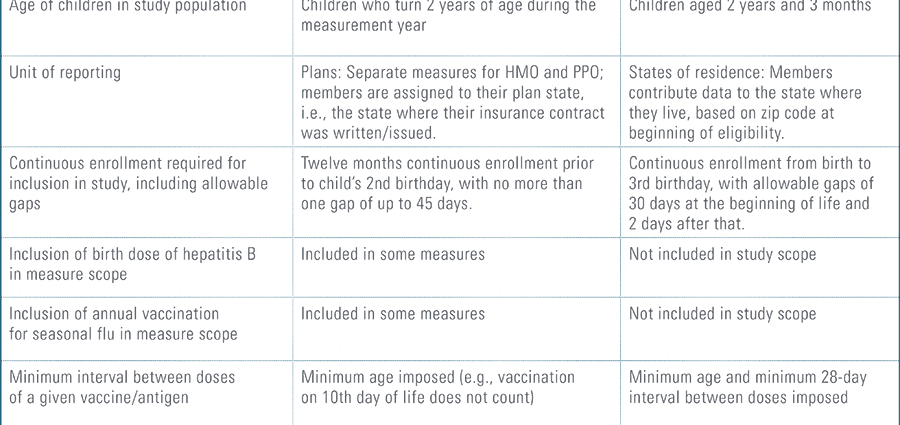The young mother wanted to vaccinate her child against pneumococcal infection. But she received a decisive refusal. And not only from the pediatrician, but also from the head of the clinic.
With this article, we continue the cycle of stories about supermoms, active members of the Mothers Council, who know how to defend their rights and can teach you how to do it. Tatiana Butskaya, the ideological inspirer and leader of the social movement Council of Mothers, tells us about their little exploits.
Maria jokes that she is very outdated. Everyone around is afraid of vaccinations, but she is not. He understands how important it is to take care of the child’s vaccination in time, “so that later it will not be excruciatingly painful.”
Recently, when her son Dima turned two and a half years old, Maria in one of the mobile applications for mothers came across the barely beginning story of a boy who fell ill with meningitis. The child was not immediately diagnosed correctly. He was saved, but complications could not be avoided. The boy became seriously disabled: he does not walk, does not speak, does not see and does not hear.
Maria followed this story for several weeks. All this time, thoughts were spinning in her head: why is it so unfair? Why did a healthy child become a “vegetable”? And most importantly – how to protect your son from this disease?
Maria shoveled gigabytes of information and learned that vaccination against pneumococcus, a microorganism that can provoke various infectious diseases and is especially dangerous for preschool children, can be the prevention of meningitis. According to experts, this bacterium causes pneumonia in 9 out of 10 cases, causes otitis media in children under five in 3 out of 10 cases, provokes meningitis in 1–2 out of 10 cases.
Pneumococcus is of many types. The vaccine is made against the most common and aggressive types of bacteria. Vaccination “Prevenar 7” protects against 7 types of pneumococci, “Sinflorix” – from 10, “Prevenar 13” – from 13. These vaccines do not give one hundred percent guarantee that the child will be able to avoid contracting dangerous diseases, but their course will be much easier, and the risk of death will not exceed 1%.
Having studied this information, Maria turned to the pediatrician with a request to give her son Dima the Prevenar vaccine. Five years ago, vaccination against pneumococcus was included in the National Vaccination Schedule, so it should have been done absolutely free of charge. Imagine Maria’s surprise when the doctor denied her this right.
The main reason for the proposal to “wait a bit” is the medical challenge. It is given for good reason. For example, if a child is sick, if he has an allergic reaction to the vaccine or intolerance to egg white (it is part of the flu shot) and yeast (they are part of the hepatitis B vaccine).
Reasons that cannot be a reason for refusing vaccination
Smallness – this argument is relevant for vaccination against tuberculosis, if the newborn weighs less than 2 kilograms.
Prematurity – unlike full-term babies, babies born prematurely have a smaller supply of protective antibodies, which means they are more susceptible to infections, so they need to be vaccinated no later than 2-3 months.
Postponed serious illnesses, even sepsis, hemolytic disease, pneumonia.
Morbidity – I remind you that if a child attending kindergarten gets sick up to 10 times a year, this is normal.
Dysbacteriosis – this is not a disease!
Allergy (vaccinate the child without exacerbation), anemia, physiological developmental abnormalities.
Heat – the weather outside the window does not matter.
In Maria’s case, the reason for the doctor’s refusal was Dima’s “over-age”. He was two and a half years old. The pediatrician said that children over this age are not vaccinated in the clinic, they are given in kindergarten. Maria asked what to do if the child did not go to kindergarten yet, and the doctor simply shrugged her shoulders and added: “These are not my problems.”
Maria went to the manager. But even here she was refused. Then Maria called the insurance company, and an hour later she was called back from the clinic. They apologized and said that there was a misunderstanding between them: the vaccine would be delivered, but it was not available yet.
The vaccination issue was resolved in a week. Dima received the coveted injection and, by the way, became less sick.










